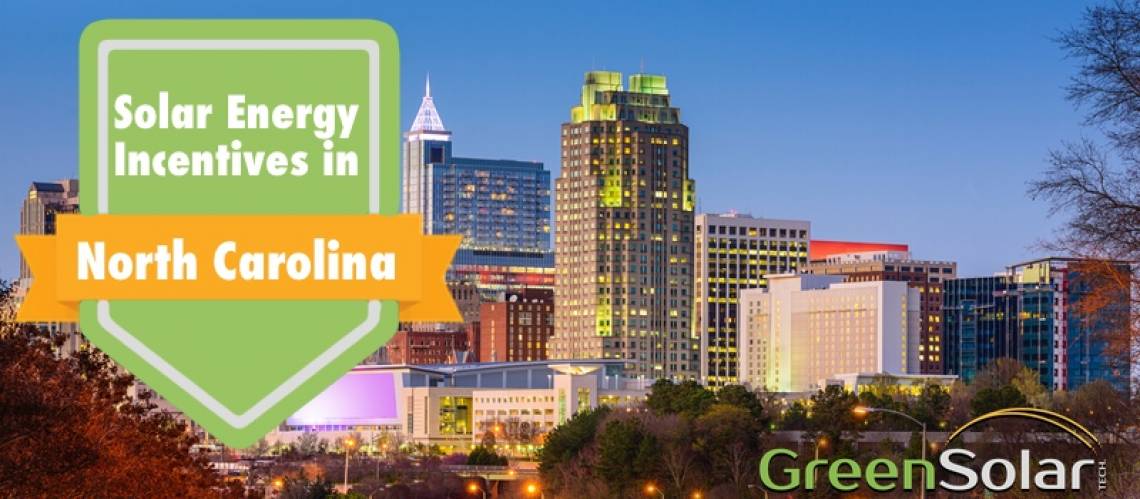
Not many would disagree that North Carolina has quite a storied past. Originally home to the Eastern tribe of Cherokee Natives, it was the first colony to declare independence from England in 1775 with the Mecklenburg Declaration, ultimately becoming the 12th state to join the Union. Some would say the United States has “the Old North State” to thank for initiating the revolution which would win the country’s independence. Prideful about its authenticity, NC’s state motto is Esse quam videri, which means “To be, rather than to seem.” Affectionately referred to as the “Tar Heel State,” NC is also known as the official land of shipwrecks. Its Outer Banks are often referred to as the “Graveyard of the Atlantic” because the state’s 200-mile stretch of barrier islands has sunk upwards of 5,000 ships. And if all of this wasn’t interesting enough, Burnsville, NC’s Mount Mitchell is the tallest mountain in the Eastern US. Yes, NC is known for its patriotic history as well as its great heights!
But mountain peaks aren’t the only thing North Carolina has in high volume. Its solar energy presence is rising as well with the NC Renewable Energy Portfolio Standard (REPS), which in NC’s case requires at least 12.5% of the state’s electricity sales to be derived from renewable energy (or supplanted by energy efficiency) by 2021. A lofty goal indeed and the reason for it is clear—going solar in NC is loaded with benefits for residential and commercial properties.
FEDERAL TAX CREDIT
The Federal Solar Tax Credit, also known as the Investment Tax Credit (ITC), has been renewed for 30% until the end of 2019. This credit applies to all states and is counted against your paid-in federal taxes throughout the course of the year. Claim your solar tax credit when you file your annual tax return. If not claimed completely in one year, it can continue in for up to 5 years. In January 2020, the tax credit will drop to 26%, and then again to 22% in 2021. The ITC applies to both residential and commercial systems, and there is no cap on its value.
STATE AND UTILITY TAX CREDITS
Although there are no standard state tax credits for North Carolina, there are many incentives including Property Tax Assessment, State Loan Program, and Net Metering among others. Utility solar credits vary greatly as well company to company.
If you are a home or business owner looking to go green in North Carolina, Green Solar Technologies is there for you every step of the way. From customizing a SPGS to precision installation, we do it all. Flexible financing options are available as well. To learn more about what incentives you may qualify for, click here and get a free quote.
by Ged Friedman
